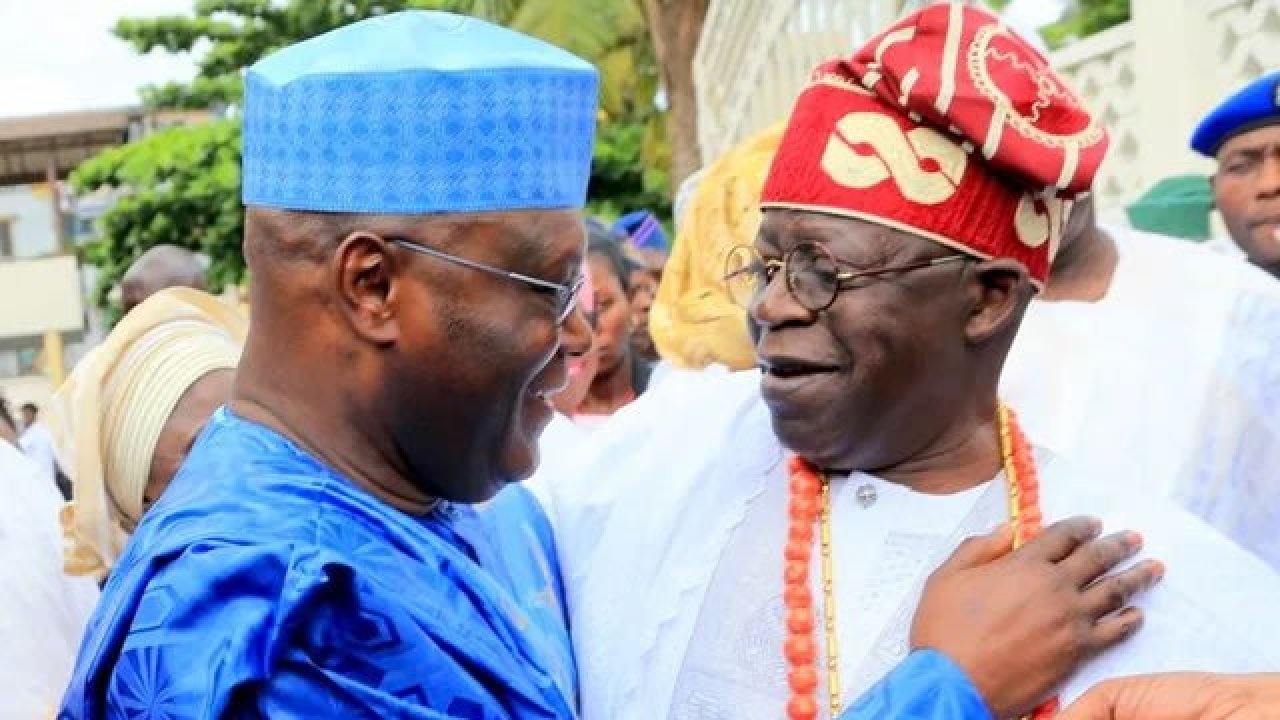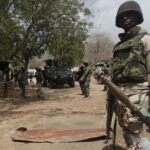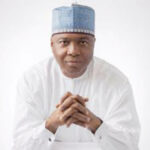To make this brief I will be looking at and comparing the economic agenda as advertised, of three top contenders – Bola Ahmed Tinubu of the APC, Atiku Abubakar of the PDP, and Peter Obi of the Labour Party. These are not the only contenders, but the two parties that INEC has been promoting – APC and PDP – have a clear edge because the majority of our folks are illiterate and so cannot process a switch from one party to a new one very easily. Peter Obi of the Labour party – a latter day arrival – seems to enjoy some social media noise which may or may not translate to votes. There are also other very articulate contenders such as the philosophical Adewole Adebayo of the SDP, the eloquent Malik Ado-Ibrahim of the YPP, the very grounded Yabagi Sani of the ADP, and the bone in government’s throat, Sowore of the AAC. I will come around to some of those as they reveal their plans.
Personally, among the three I am looking at today, I am excited by the Tinubu manifesto. Here are some of his official promises:
Bola Tinubu
- a) 25% annual budget for education
- b) 10% annual budget for health
- c) Decentralisation of police
- d) Introduction of commodity exchange
- e) Total deregulation of oil market and building if national storage to sustain supply
- f) Stimulation of production and manufacturing for export
- g) Target of 15,000MW generation and distribution of electricity
- h) 12% GDP growth year-on-year for four years.
- i) Establishment of six Regional Economic Development Agencies
Titled ‘My Vision for Nigeria’, Tinubu promised in the document, “a nation transformed into greatness, the pride of Africa, a role model for all black people worldwide, and respected among all other countries… A vibrant and thriving democracy and a prosperous nation with a fast-growing industrial base, capable of producing the most basic needs of the people and exporting to other countries of the world. A country with a robust economy, where prosperity is broadly shared by all irrespective of class, region, and religion… A nation where its people enjoy all the basic needs, including a safe and secure environment, abundant food, affordable shelter, health care, and quality primary education for all… I will focus on stimulating jobs, which will be my top priority as President. I will get Nigeria to work by launching a major public works program, a significant and heavy investment in infrastructure, and value-adding manufacturing and agriculture….My administration will build an efficient, fast-growing, and well-diversified emerging economy with a real GDP growth averaging 12% annually for the next four years, translating into millions of new jobs during this period.’’
Tinubu also promised to create six new Regional Economic Development Agencies which will establish sub-regional industrial hubs to exploit each zone’s competitive advantage and optimise their potential for industrial growth. Supply will come from local refineries, and the forces of demand and supply will determine the price of petroleum product. “My administration will establish a National Strategic Reserve for Petroleum Products to stabilise supply during unexpected shortages or surplus periods. This will eliminate any form of product shortages and prevent wild swings in prices.”
ATIKU’S PROMISES
For the former Vice President, he is sticking to his belief in liberal capitalism, something he had always pushed since he had been running for president. He is a core capitalist and believes in the power of capital and entrepreneurship to transform Nigeria. To that extent he promises the following, officially:
- a) A comprehensive objective of providing a more hospitable environment for businesses to thrive. b) Thriving businesses would create jobs and wealth for Nigerian citizens. c) Reaffirm the criticality of private-sector leadership and greater private sector participation in development; while repositioning the public sector to focus on its core responsibility of facilitation. d) Break government monopoly in all infrastructural sectors, including the refineries, rail transportation and power transmission and give private investors a larger role in funding and managing the sectors. e) Allow the market greater leverage in determining prices. f) Establish a strong and effective government that guarantees the safety and security of life and property. g) Build a strong, resilient, and prosperous economy that creates jobs and lifts people out of poverty. h) Promote a true federal system which will provide strong Federal Government to guarantee national unity while allowing the federating units to set their own priorities. i) Spearhead education reform so it is driven by innovation, science, and technology.
PETER OBI
Mr Obi has positioned himself in the hearts of many as a no-nonsense cost-cutter. He speaks much about his frugality during his stint in Anambra State as governor. He rightly ridicules the profligacy that has permeated Nigeria from federal to local government. He has also recently traveled to 31 countries around the world to find out how they repositioned their nations. He looks to be what human resource people call a Resource Investigator as well as a Monitor Evaluator.
Apart from the crucial, existential need to stop profligacy and be more sensible in government spending, I wait to hear more coherently and forcefully what he has to say in terms of growing the pie .I scoured the internet to find the following ideas he has espoused as he traveled all over the country:
- Move Nigeria from consuming to producing nation. b. Replace sharing formula with production formula. c. Invest in Nigeria’s landmass. d. Stop borrowing for consumption. e. Invest in education. f. Build human infrastructure before physical infrastructure. g. Stop corruption, sick leadership, irresponsible spending. h. Invest in MSMEs. Government should give MSMEs ideas and grants. i. Government should pull people out of poverty. j. Cut down cost of governance. Do away with Office of First Lady. To be cont’d next week.

 Join Daily Trust WhatsApp Community For Quick Access To News and Happenings Around You.
Join Daily Trust WhatsApp Community For Quick Access To News and Happenings Around You.


